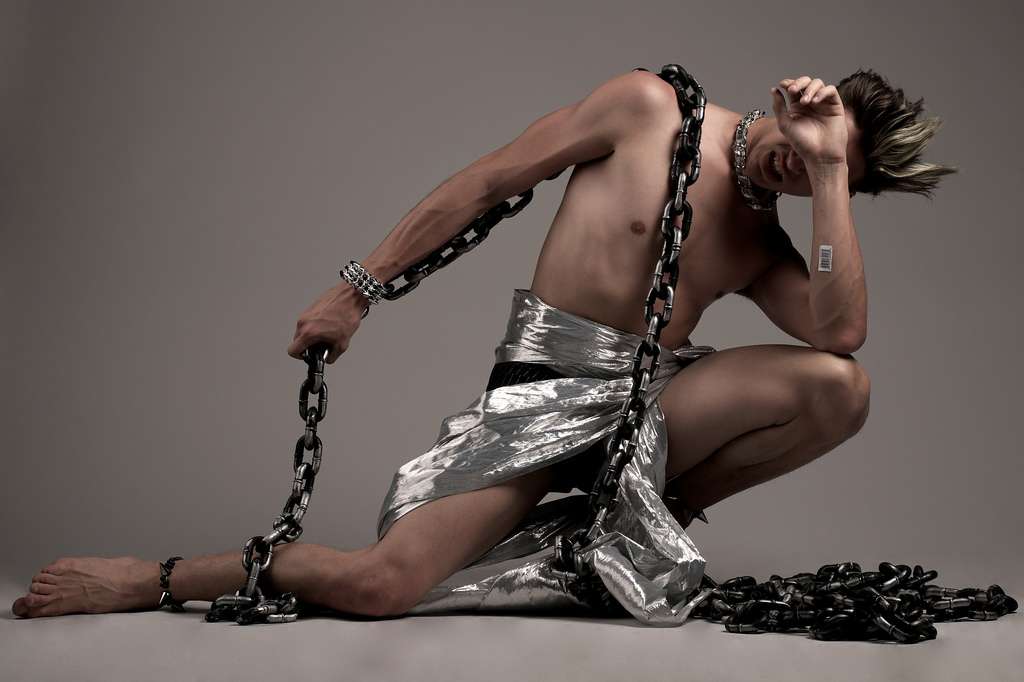Free Markets Linked to Less Human Trafficking
Score one for capitalism and economic liberalization: countries with freer markets handle human trafficking better, say researchers.


A new paper published in the journal Defence and Peace Economics shows no evidence suggesting "that economic freedom is associated with human trafficking." In fact, countries with freer markets are "more likely to enact and enforce policies to fight human trafficking."
For the paper, titled "Is Human Trafficking the Dark Side of Economic Freedom?", U.S. researchers looked at data on human trafficking severity by country as compiled by the U.S. State Department, the United Nations (UN), and the Freedom Fund's "Global Slavery Index," as well as what policies these countries had enacted with regard to human trafficking. "We, along with our co-authors, Claudia Williamson of Mississippi State University and Lauren Heller of Berry College, set out to investigate whether economic freedom is actually making human trafficking worse," write researchers Robert A. Lawson and Ryan H. Murphy in a Dallas Morning News article about their work.
Their findings?
In our sample of 112 nations, we found no evidence that economically freer nations exported out, imported in, or transported more people through forceful means. On the contrary, there is strong evidence that countries with more economic freedom are more likely to enact and enforce anti-human trafficking policies and some evidence that the actual incidence of human trafficking is lower in freer economies.
Lawson and Murphy point out that "many millions of people would like to migrate to countries to better their quality of life but are denied the freedom to do so, either by their current government … or by the governments of host nations like the United States that restrict immigration. Sadly some are turning to unscrupulous human traffickers in a desperate attempt to migrate."
"The good news," they say, "is that the process of economic liberalization and the globalization that it has unleashed do not appear to be culprits in encouraging human trafficking. If anything our research shows that people concerned about human trafficking should favor more economic liberalization across national borders."
A recent report from conservative think tank The Heritage Foundation also found that economic freedom was linked to lower levels of sex and labor trafficking. Using the rankings from the State Department's Trafficking in Persons report, Heritage researchers found that all but two of the 18 countries ranked as worst for human trafficking also recieved ratings of "repressed" or "mostly unfree" in Heritage's 2016 Index of Economic Freedom.
"In contrast, countries designated Tier 1 in the TIP report predominantly rank as 'Free' or 'Mostly Free' in the Index," explain authors Olivia Enos and James M. Roberts. "The implication is clear: Countries that promote economic freedom are more likely to be effective in combating trafficking in persons."
A 2013 paper published in the International Journal of Management and Marketing Research found that "press freedom is found to significantly affect a country's ability to adhere to international anti-human trafficking laws."
"In our analysis using data from 119 countries, the empirical results suggest that countries that are more economically free and developed and have greater income equality, tend to be more successful in complying with the anti-human trafficking laws outlined in the [UN Protocol to Prevent, Suppress, and Punish Trafficking in Persons] which supports previous research. Further … countries that enjoy greater press freedom also tend to have a greater degree of compliance with the anti-trafficking laws."


Show Comments (22)